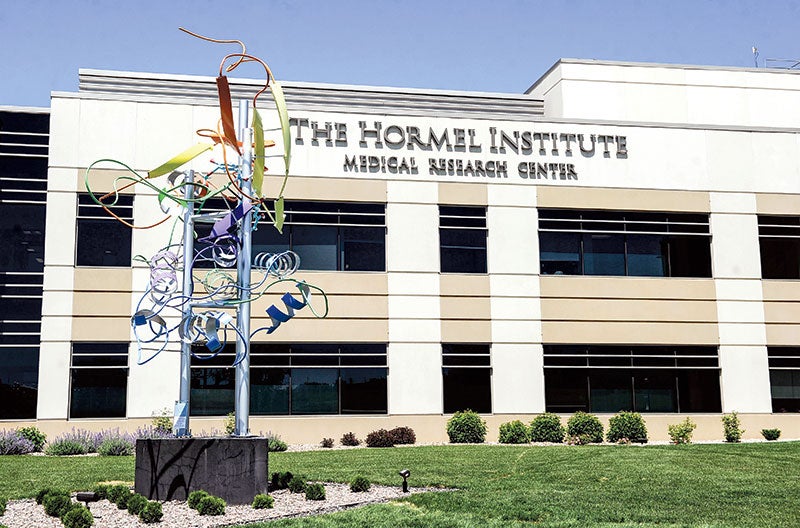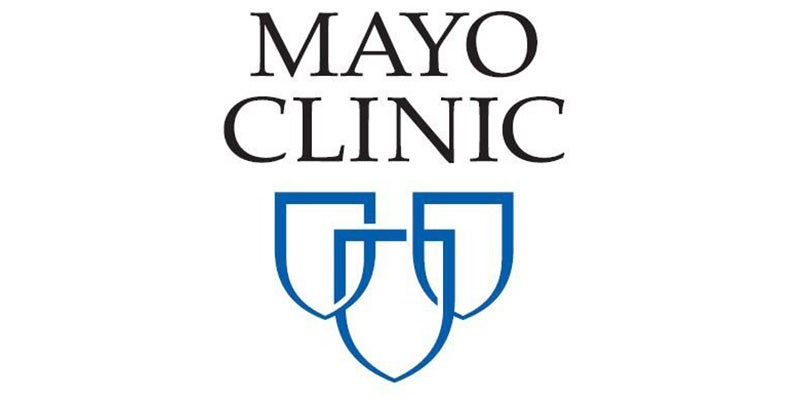Hormel Institute researchers to share work at conference
Published 10:10 am Thursday, April 3, 2014
Hormel Institute scientists will share their projects among 18,000 researchers, patient advocates and other professionals at the 105 American Association for Cancer Research meeting this weekend.
Researchers from The Hormel Institute will present projects at the AACR conference on discoveries related to preventing and controlling cancer of the colon, breast, skin and lung as well as work focused on the mechanisms of cancer in general.
“This major conference greatly helps further progress in the global effort to find more effective ways to prevent and treat all types of cancer,” said Executive Director Dr. Zigang Dong, who also heads the “Cellular & Molecular Biology” research section. “The Hormel Institute is proud to contribute toward this effort because, by advancing knowledge, together we can accelerate important discoveries.”
One of the Institute’s projects to be featured at AACR relates to gaining a better understanding of why colon cancer often develops resistance to 5-Fu, the most common drug used for treating it. Led by Dong and Associate Director Dr. Ann M. Bode, the research provides a new explanation as to why 5-Fu is not effective in combination with some antioxidants in colon cancer patients, which is important for clinical chemotherapy.
Another project at AACR led by Dong and Bode is skin cancer research focusing on kaempferol, a natural flavonol isolated from tea, broccoli, grapes, apples and other plant sources. Kaempferol is known to have anticancer activity but its molecular mechanisms and direct targets in cancer chemoprevention remain unclear. The Hormel Institute’s research identifies kaempferol as a safe, new agent for preventing solar UV-induced skin cancer.
Dr. Yibin Deng, who heads the “Cell Death and Cancer Genetics” research section at The Hormel Institute, will showcase his team’s promising work related to better treating forms of breast cancer that carry TP53 mutations, which are the most frequent genetic alterations in breast cancer. TP53 is observed in 30 percent of breast carcinomas, especially triple-negative breast cancer.
A complete listing of all Institute projects to be shared at the AACR conference are available online at: www.hi.umn.edu/wp-content/uploads/sites/15/2014_AACR_HI_featured_projects.pdf




